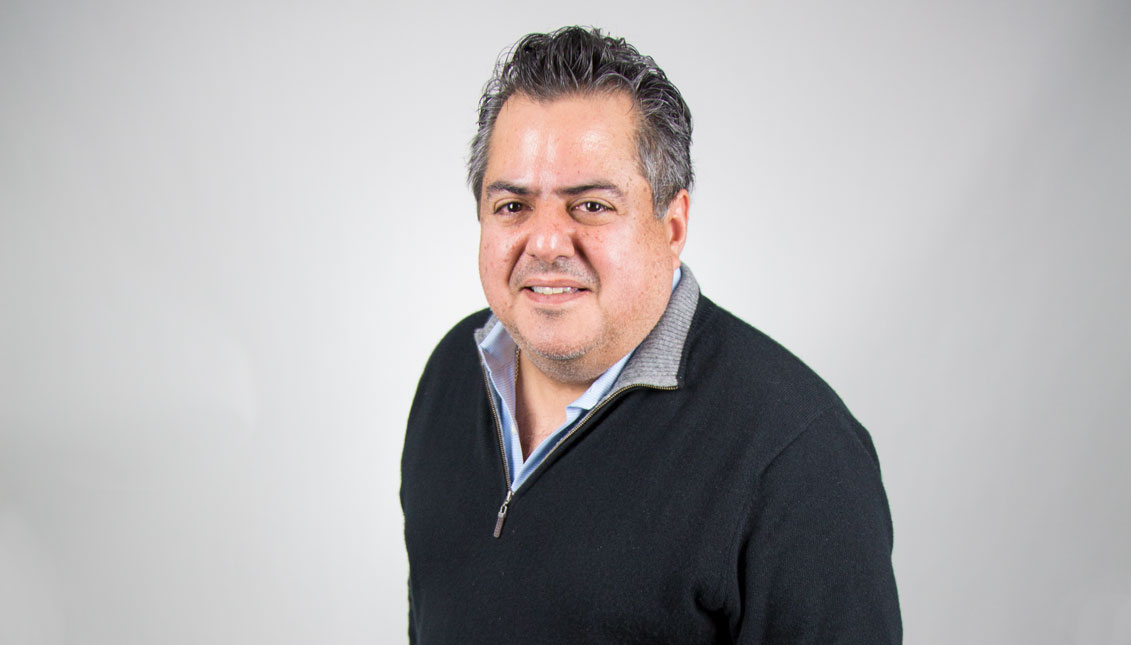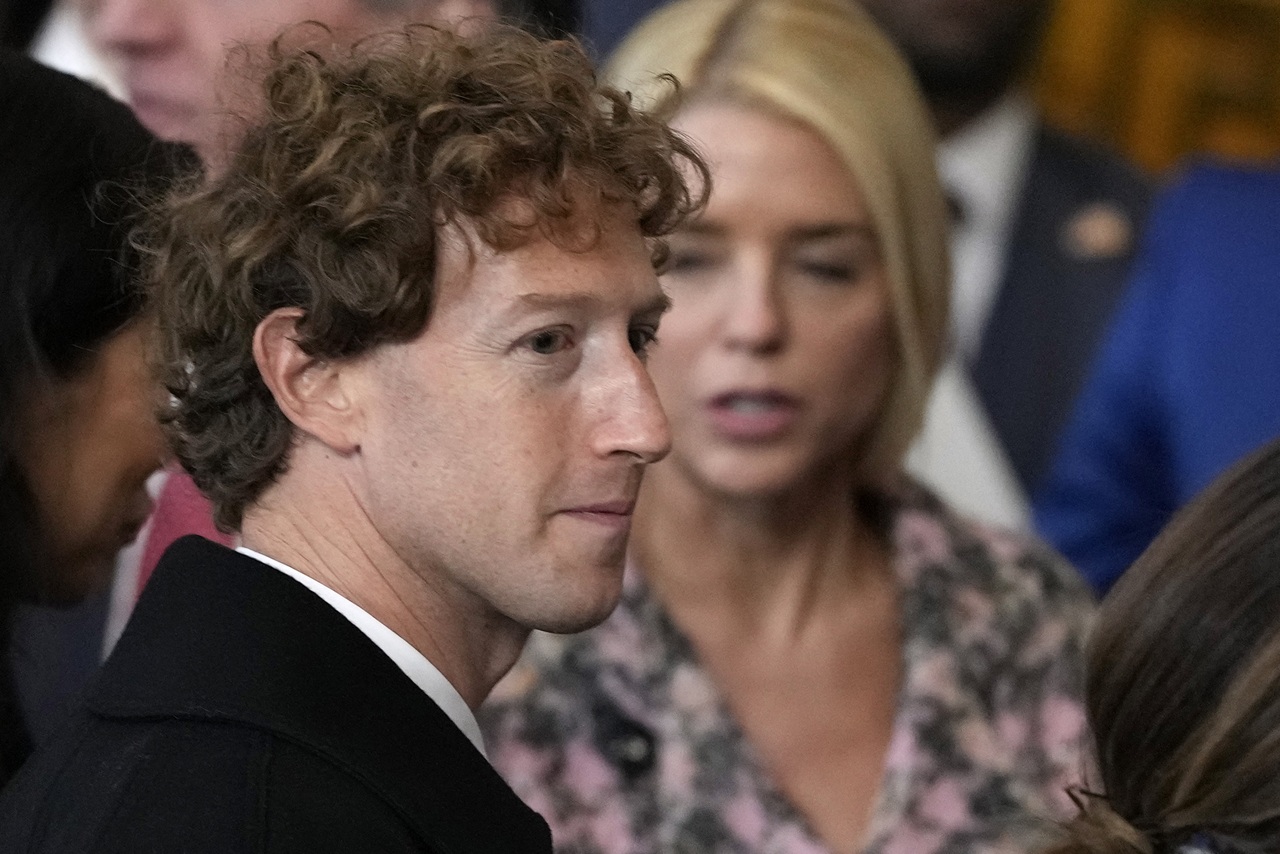
"You learn many things in moments of crisis"
Luis Manuel Ramírez, General Manager of the MBTA, Boston’s transportation authority, tells his story and offers some words of advice to young people entering…
Luis Manuel Ramírez, currently general manager of the Massachusetts Bay Transportation Authority, visited Drexel University's Lebow College of Business in March to share his experiences with students there and attend a conference for transportation executives from the public and private sectors. During his visit to Philadelphia, Ramírez came by the AL DÍA newsroom to talk about his development as a leader throughout his career, his vision for the future of transportation in the U.S., the importance of making mistakes, and more.
I’m the general manager and leader of the MBTA, which stands for the Massachusetts Bay Transportation Authority. I’m responsible for the metro, the trolleys, the ferries, and the railway system that are used by MBTA clients to travel around the state of Massachusetts. They chose me because they were looking for someone who had experience in doing a “turn-around,” or making a strategic change and improving a business that has not invested in infrastructure or personnel in a long time. It’s one of the oldest transportation systems in the United States, in one of the oldest cities in the United States. The tunnels that we use at the MBTA were constructed before New York’s, and a bit after London’s. So it’s a pretty old system and is used a lot by the public. We move 1.3 million people around every day between buses, ferries, all of the trains and everything else. In all, we are talking about a business valued at almost 2 billion dollars.
I was born in Florida to a Cuban family. My father was a Cuban exile who came to the U.S. in 1962. I grew up in a small town called Stuart, that’s north of West Palm Beach in Florida. I studied there until I went to college in Atlanta, where I stayed for many years afterwards. I worked for Siemens [Global Businesses] for almost 11 years, and from there I went to General Electric. While I was working at Siemens I lived in Princeton for some years, and then in Nuremberg, Germany for three years. I speak Spanish and German, I understand French, and I speak Italian, so I have a facility with languages. I’ve managed many global businesses, but after having worked for almost thirty years in the industry, I was presented with an opportunity to work in the public sector, something that I had never done. This intrigued me, because it was a way to be able to work in a new industry that still had much in common with what I had been doing throughout my career.
I say that I’m Hispanic more so than Latino. I’m Hispanic because I speak Spanish, and I lived in the United States my whole life and I’m American. In Florida, where I grew up , we felt better prepared for the world because we grew up knowing two languages. And that for me has been very important in my professional development. I’ve always maintained an interest in what is happening throughout the entire world, and my ability to speak languages and understand different cultures has helped me very much.
As a leader in an American or international company in the United States, I’ve always thought that it is very important to be authentic.
I also believe that for Hispanics here, in the United States, it is very important to have training and education, above all, because you can’t do anything in this country without education. For those of us who lead businesses, we have to look for ways to attract talent and diversity to these businesses. Because we represent a whole world, not just a community.
I advise them to take on roles and positions in workplaces where they can learn. A job where you sit and do the same thing every day doesn’t work. You learn many things in moments of crisis. For me it’s very important to know how to lead when faced with a problem, because in businesses of any size, whether it’s a private business or a person managing an entire company, like me, that happens every day. To have that ability is very important to be able to find success in business.
RELATED CONTENT
To make mistakes and learn. In life we learn from everything, above all our mistakes, and no one is perfect. We have all made decisions that at the beginning we thought were correct and afterwards turned out badly. But the most important is that you develop your knowledge and growth through these experiences.
In the United States we unfortunately are behind, behind in the sense that other countries that developed after the United States now have a superior system. Here, we don’t have national investment in infrastructure.
For example, in a country like Colombia there is Medellín, which has a train system that is better than what we have here, in Philadelphia. So it’s not a question of having resources, it’s a question of focusing on doing, on making decisions to invest in infrastructure. My vision for the future of this country is that these systems of public transportation are seen as a key to the growth of the country and the economy. Without a transportation system, the economy is not able to grow.
Walking. As long as you can walk, you are healthy.
I like music of all types - I love art, and I collect art of the vanguardia, from the 1950s. I also like cooking.
El Aleph, from Borges — that book is a marvel. I really like Faulkner, the North American author - a novel called Absalom, Absalom. And like everyone, I’ve read parts of Quijote, and I like to read that kind of older Spanish literature.











LEAVE A COMMENT: